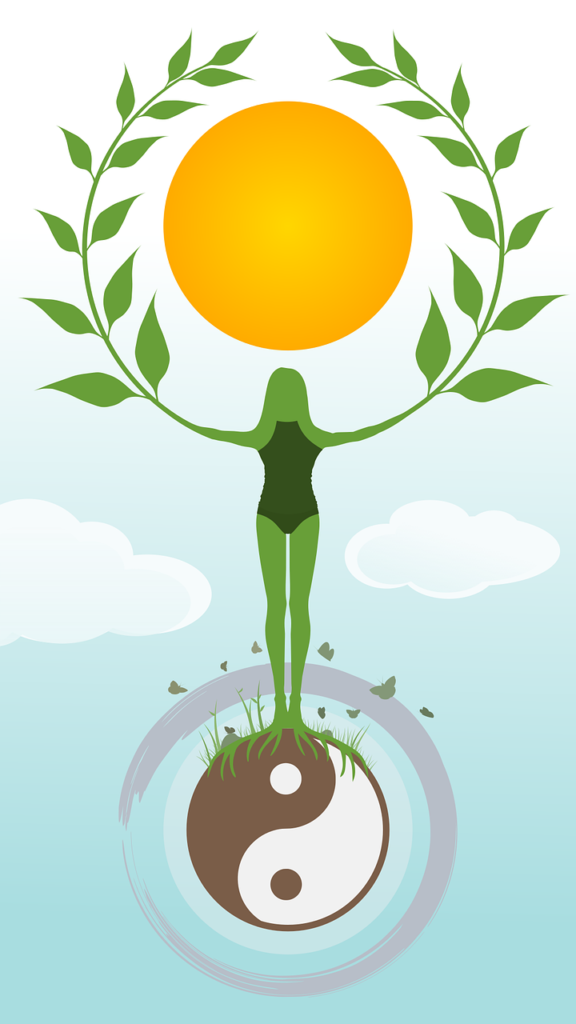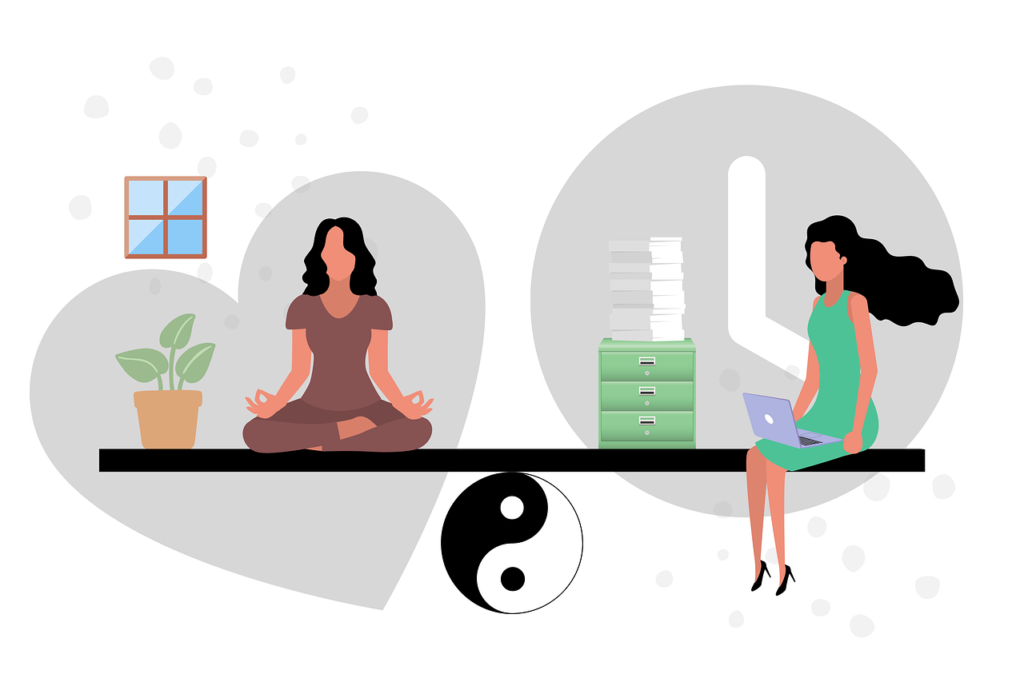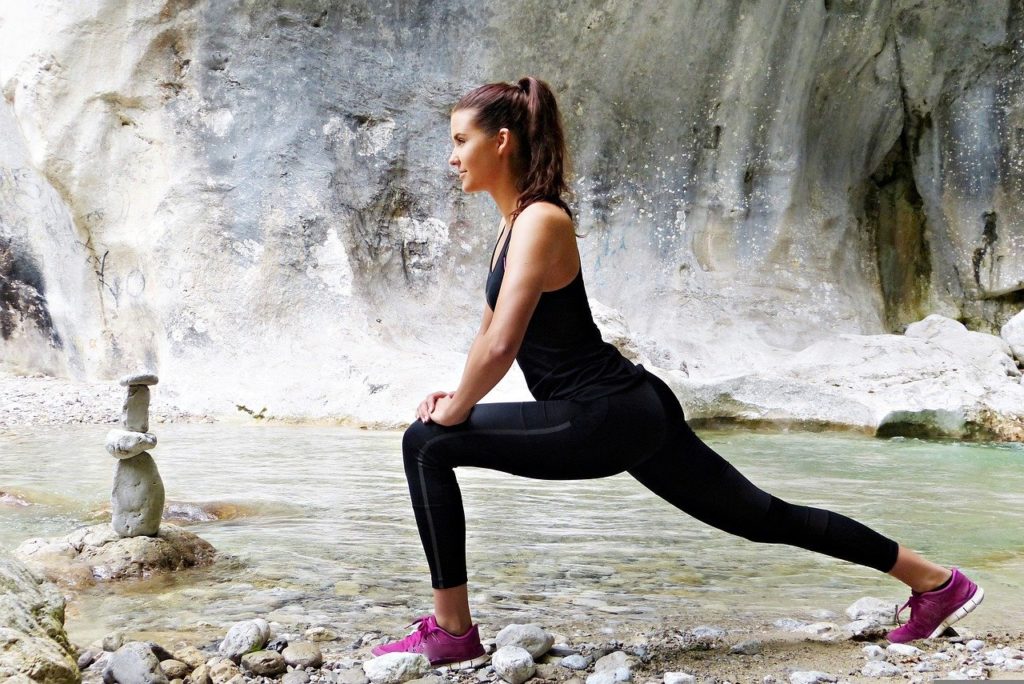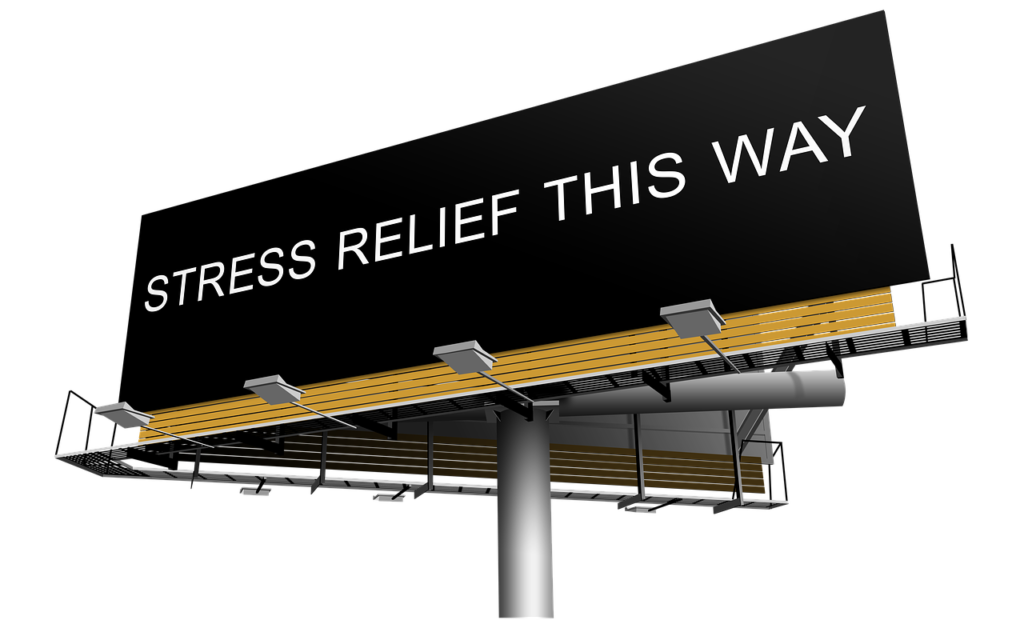As a nurse in the healthcare industry, have you ever experienced something so beautiful that you couldn’t stop thinking about it? Or have you ever had a horrible experience that made you question your own sanity? These experiences are the ones that remind us of our humanity and direct us to our inner peace. Nursing is an incredibly rewarding job. It also is one of the most stressful. Mindfulness is the ability to be aware of what surrounds us, to tune into our emotions, and to slow down enough to take note of our innermost thoughts. If we spend too much time constantly multitasking or running from one thing to the next in life, mindfulness will be difficult for us. Fortunately, new research has shown that there are simple ways in which we can practice mindfulness every day. In this article, we will explore everything you need to know about meditation: its benefits, types of meditation, resources, and how often you should practice it.

Keep reading if you want a deeper understanding of this ancient art form.
What is meditation and why is it important for Nurses?
Meditation is the art of focusing attention on specific things so that we become more aware of our surroundings while simultaneously tuning in to our feelings and emotions. It’s a very simple practice that can make a big difference in our daily lives.
Meditation is a great way to relieve stress when dealing with a difficult patient, family member, or other staff and improve focus, and productivity, and increase empathy. You can also use it to relax before bed or when you’re feeling overwhelmed or anxious after a long and exhausting shift. It can be done in a few different ways, but the main goal is to get your mind focused on something other than your own thoughts, which can help you to relax and unwind.

Meditation is a very simple practice that can make a big difference in our daily lives. It can be used to relieve stress, improve focus and productivity, and increase empathy. It can also be used to relax before bed or when you’re feeling overwhelmed or anxious.
Types of Meditation for Nurses
– Mindfulness meditation – This is one of the most common types of meditation. Mindfulness meditation is focused on breathing techniques and repeating a word, phrase, or sound to keep your mind focused on the present. You can also use meditation to distract yourself from your thoughts while you’re waiting in line or doing other activities that require your full attention.
– Concentration meditation – Concentration meditation is when you choose a single object to focus on, such as a flower, stone, or a piece of paper.

You can then use this object to keep your mind focused on the present.
– Insight meditation – Insight meditation is when you use your imagination to explore issues that are troubling you. You can use your imagination to explore various scenarios, such as what life would be like if a particular outcome happened. You can use your meditation to focus on this issue and get a better understanding of what’s bothering you.
How to Practice Mediation for Nurses
– Focus on your breathing – One of the easiest ways to keep your mind focused on the present is to focus on your breathing. Breathing is something we do every single day, so it’s a good way to keep your mind focused on the present. If your mind wanders to other subjects, you can always bring your attention back to your breathing.

– Don’t get overwhelmed – Another way to keep your mind focused on the present is to not get overwhelmed by your thoughts. Often, we become overwhelmed by the amount of things we have to think about. If you notice yourself getting overly stressed, you can simply relax and focus on your breathing until the stress goes away.
– Don’t force it – If you practice meditation every day, it won’t magically become a habit. You have to make an effort to keep your mind focused on the present.
– Don’t worry about doing it perfectly – In order to make any effort, we have to be okay with doing things imperfectly. If you’re afraid that you’re not doing it right or that you’re not doing it at all, you might not make any progress. That’s why it’s important to be honest with yourself.

Which Meditation Is For You?
Each type of meditation has its own benefits, so you may want to try a few before you decide which one works best for you. The best way to decide which type is for you is to try a few, pick one that feels easiest for you, and stick with it until you feel comfortable with the technique.
Mindfulness meditation is focused on breathing and counting your breaths. This type of meditation is great for beginners because it’s very simple and easy to understand. The other great thing about mindfulness meditation is that you can practice it almost anywhere.
Concentration meditation is when you focus on a single object, such as a flower, stone, or piece of paper. In this type of meditation, you’re essentially training your brain to focus on one thing.

Once you’ve developed this skill, you may find that it’s easier for you to focus on other things.
Insight meditation is where you use your imagination to explore issues that are bothering you. This type of meditation is great for people who are feeling overwhelmed by their problems. You can use your imagination to explore various scenarios and get a better understanding of what’s bothering you.
The Benefits of Meditation for Nurses
Employees in high-stress environments may face significant mental and emotional health consequences including increased risk for depression and anxiety. Some of these stressful factors are low pay, poor interpersonal relationships in the workplace, physical or psychological abuse in the workplace, long hours, sleep deprivation, lack of support, high-stress work environment.
– Stress Relief – Meditation has been shown to relieve stress and boost your mood by increasing your serotonin levels.

This is part of the reason that many people choose to meditate.
– Increased Focus and Productivity – Meditation can improve your focus and help you stay more focused on the task at hand by distracting you from other things that are distracting you. It can also help you to stay more productive, by putting your mind in a state where you’re less likely to get distracted.
– Better Empathy – Meditation can help you to become more empathetic by focusing on your own emotions and learning to better understand the emotions of others. This is a great learning experience because it can help you to understand the human condition better, which can in turn help you to be more compassionate towards others.
– Enhanced Mental Health – People who practice meditation are more likely to live a happier and healthier life.

Meditation is a great way to relieve stress and gain the benefits of relaxation.
– Increased Self-Awareness – Meditation is a great way to develop self-awareness by giving your mind something to focus on while letting your thoughts wander without judgement. This is a great way to learn more about yourself and to become a more self-aware person.
– Better Relationships – Meditation can foster positive relationships by helping you to connect with yourself better and to connect with others in a deeper way. This is a great way to improve your relationships with family and friends by learning to better connect with the people you love.
– Better Health – Meditation is one of the most effective ways to improve your health. This is because it trains your brain to stay focused and in the present moment, which can help you to stay more focused on your diet and exercise routine.

Conclusion
Meditation is a great way to relax and relieve stress, but it’s also been shown to improve your mental health and relationships. If you want to reap the benefits of this practice, you don’t need any special equipment or a fancy studio. You can even do it in your work break room, outdoors, bedroom or your home office thanks to these six easy-to-use meditation tips.
There are many different types of meditation, and all of them can help you to relax and become more mindful. Keep in mind that meditation takes practice, and you should try out a few different types until you find one that works best for you.

